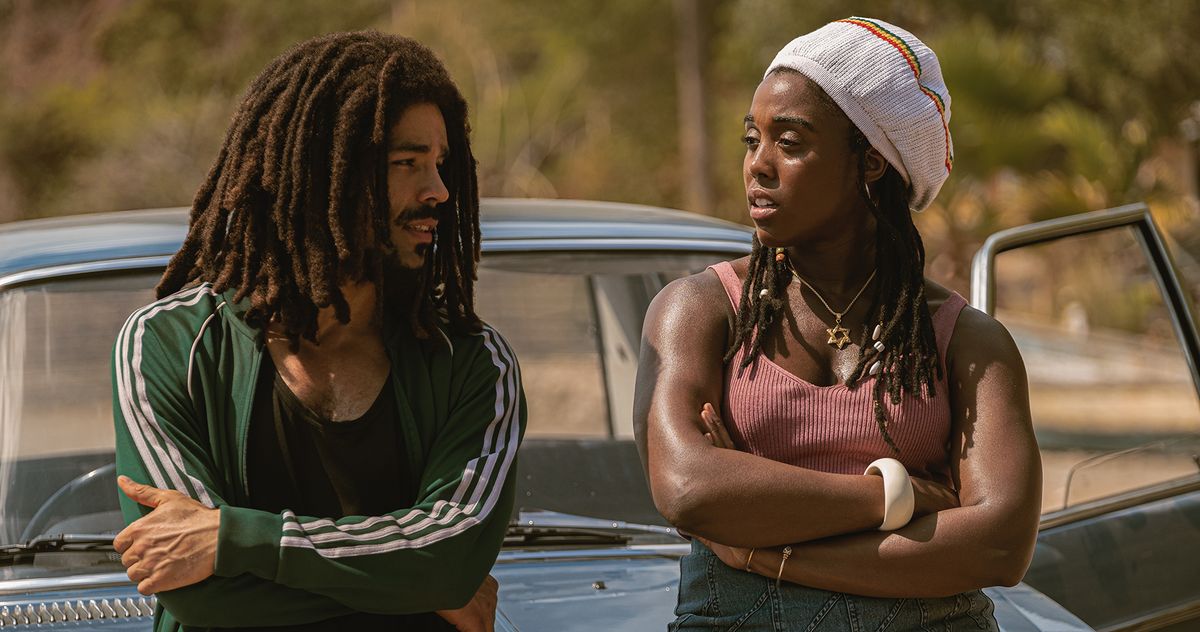
Jim Seals obituary
Jim Seals, who has died aged 79, was half of the duo Seals and Crofts, whose cluster of hits in the first half of the 1970s included the breakthrough single Summer Breeze. Arriving in the wake of the harmony-drenched Crosby, Stills and Nash, and part of a wave of melodious acts that included America and Bread, Seals and Crofts combined close-harmony singing with spiritually inclined lyrics and some subtle stylistic touches.
With Seals playing guitar, saxophone and fiddle, while Darrell “Dash” Crofts multitasked on drums, mandolin and keyboards, the pair were able to introduce elements of bluegrass, country and jazz into their arrangements, adding ear-catching twists to lift their music above being mere easy-listening.
Summer Breeze, which reached No 6 in the US charts in 1972, evoked an atmosphere of mellow, dreamy nostalgia, while Diamond Girl (1973) added rolling R&B piano to the pair’s high, keening harmonies. We May Never Pass This Way (Again), also released in 1973, was a spiritual meditation on love and life, influenced by the duo’s devotion to the Bahá’í faith, with a dramatic string arrangement reminiscent of some of Jimmy Webb’s epic ballads.
However, they ran into turbulence with their album Unborn Child (1974). The title track reflected the duo’s Bahá’í -inspired belief that life begins at the moment of conception, and its anti-abortion message, coming shortly after the 1973 Roe v Wade US supreme court judgment protecting women’s freedom to terminate a pregnancy, provoked a furious backlash and was banned by some radio stations.
Seals later commented that “it was our ignorance that we didn’t know that kind of thing was seething and boiling as a social issue … If we’d known it was going to cause such disunity, we might have thought twice about doing it. At the time it overshadowed all the other things we were trying to say in our music.” It earned them the “Keep Her in Her Place” award from the National Organisation for Women in their 1974 roundup of male chauvinism.
The album still made the US Top 20, but Seals and Crofts had reached their commercial peak. Their albums there on described a downward trajectory in the charts (though 1975’s Greatest Hits reached No 11 and registered double platinum in the US) and their final Top 10 single was Get Closer (1976), with guest vocals by Carolyn Willis.
Born in Sidney, Texas, Jim was the son of Wayland Seals and his wife, Susan (nee Taylor). Wayland worked as a pipe-fitter for the Shell oil company in the Yates oilfield. Jim grew up in Iraan in Pecos County, and was encouraged to make music by his father, a skilled guitar player who performed with Tex Collins and the Tom Cats, and the Oil Patch Boys. When Jim showed an interest in the fiddle, his father bought him one from a Sears catalogue. Jim proved a fast learner and won several competitions, including the Texas state fiddle championship. There was enough musical talent in the household to form the impromptu Seals Family Band, including Jim’s younger brother, Danny, who would later form half of the successful duo England Dan & John Ford Coley.

Jim also learned the saxophone, which he played with Dean Beard and the Crew Cats. He met Crofts when he replaced the Crew Cats’ drummer at short notice, and the pair struck up a rapport. They then both joined the Champs (best known for their hit Tequila, though Seals and Crofts didn’t play on it), with whom they moved to California.
As well as working with the Champs, they wrote and performed with numerous other artists, including the Monkees and Gene Vincent, and in 1961 Seals’s song It’s Never Too Late was the B-side of Brenda Lee’s hit single You Can Depend On Me.
In 1963 the pair joined with another ex-Champ, Glen Campbell, in Glen Campbell and the GCs, and when that band split up Seals and Crofts joined the Dawnbreakers. The band took its name from The Dawn-Breakers, a book originally written in Persian that detailed the formation of the Bahá’í faith, of which Seals and Crofts both became adherents and which would inform much of their work. By 1969 they had shed their bandmates and become a duo.

Under a deal with TA Records they made the albums Seals & Crofts (1969) and Down Home (1970), followed by Year of Sunday (1971) for A&M, but it was not until they signed a deal with Warner Bros that they struck it rich. The Summer Breeze album reached the Top 10 of the US album chart in 1972, the title song following suit on the singles chart.
They followed up with Diamond Girl, with the album reaching No 4 and the title song No 6 on the singles chart. Crofts had married Billie Lee Day in 1969 and Seals married Ruby Jean Anderson in 1970 – the track Ruby Jean and Billie Lee was written for their wives.
As the 70s drew to a close, the duo was still pulling sizeable live audiences, but became aware of “this change coming where everybody wanted dance music”, as Seals put it. They split up in 1980, having been dropped by Warner Bros, and Seals moved to Costa Rica where he ran a coffee farm and raised three children with Ruby.
In 1991 he reunited with Crofts for some concert dates, then in 2004 they recorded a new album, Traces. In the 2000s Seals also toured with his brother Dan, billed as Seals & Seals. Recently, the Seals and Crofts sound has been revived by Seals & Crofts 2, comprising Jim’s cousin Brady Seals and Dash Croft’s daughter, Lua.
He is survived by Ruby and their children, Juliette, Joshua and Sutherland, and by his sister Renee and half-brother Eddie. Dan died in 2009.








































































